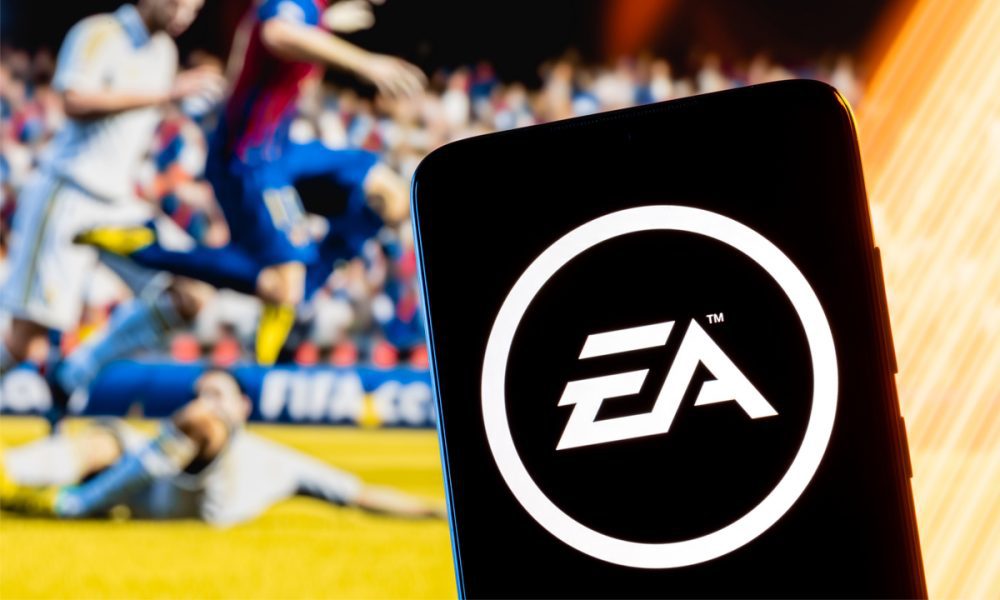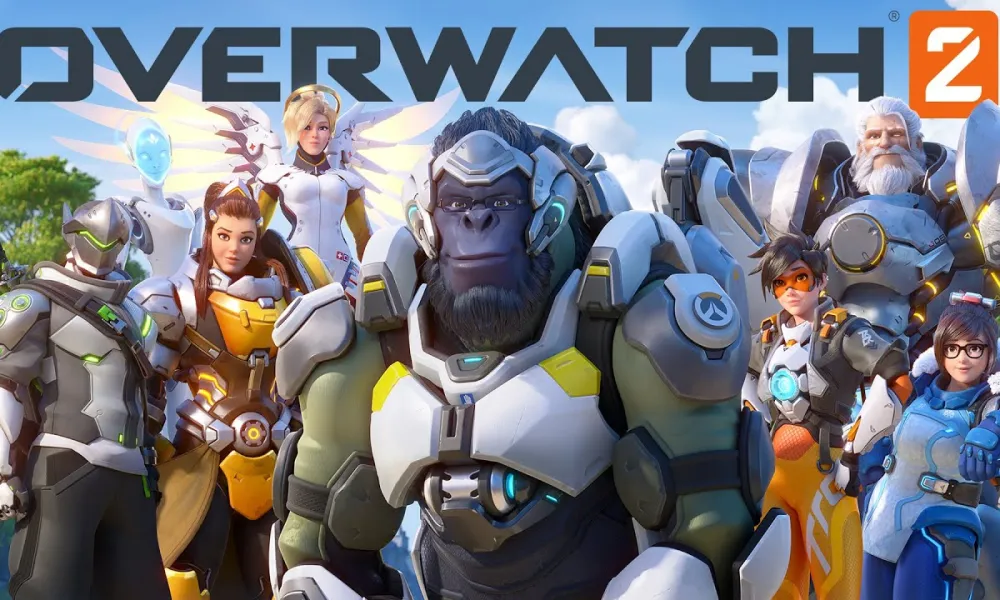The FIFA video game series, developed and published by EA Sports, has revolutionized the world of virtual soccer since its inception in 1993. With annual releases that coincide with the real-life soccer seasons, FIFA has become a global phenomenon, captivating millions of players around the world. Combining stunning graphics, realistic gameplay mechanics, and an extensive array of licensed teams and players, FIFA has set the standard for sports simulation games.
The Evolution of FIFA
The FIFA series has come a long way since its early days, with each new installment pushing the boundaries of realism and immersion. The game’s graphics have improved dramatically, allowing for lifelike player models, detailed stadiums, and realistic animations. The introduction of advanced physics engines has enhanced the authenticity of player movements, ball physics, and collisions, resulting in a more immersive gameplay experience.
List Of All FIFA Video Game Series
FIFA International Soccer (1993)
The first game in the FIFA series introduced a 2D isometric view and featured national teams from various countries.
FIFA Soccer 95 (1994)
This edition improved upon its predecessor with enhanced graphics, gameplay mechanics, and the addition of club teams.
FIFA Soccer 96 (1995)
Considered a significant milestone, FIFA 96 introduced 3D polygonal player models, commentary, and a diverse range of gameplay options.
FIFA Soccer 97 (1996)
This installment featured improved graphics and introduced indoor soccer gameplay, allowing players to compete in smaller arenas.
FIFA Road to World Cup 98 (1997)
This game focused on the World Cup, featuring national teams and offering an immersive tournament experience.
FIFA 99 (1998)
This edition introduced gameplay improvements, including more precise player controls, and featured a soundtrack with popular songs.
FIFA 2000: Major League Soccer (1999)
The game added Major League Soccer (MLS) teams, expanded customization options, and improved player animations.
FIFA 2001 (2000)
This installment enhanced graphics and gameplay, introduced more realistic player models, and featured a wider range of leagues and teams.
FIFA Football 2002 (2001)
With improved AI, player animations, and graphics, FIFA 2002 offered a more realistic soccer experience.
FIFA Football 2003 (2002)
This game introduced a “Freestyle Control” system, allowing players to perform more intricate skill moves.
FIFA Football 2004 (2003)
Known for its innovative “Off the Ball Control” system, this edition provided more tactical gameplay options.
FIFA Football 2005 (2004)
This installment focused on improving player movement and introduced a revamped career mode.
FIFA 06 (2005)
With improved graphics and gameplay, FIFA 06 featured new game modes and introduced “FIFA Lounge,” enabling online multiplayer matches.
FIFA 07 (2006)
This edition introduced “Interactive Leagues,” allowing players to represent their favorite real-world teams in online competitions.
FIFA 08 (2007)
FIFA 08 enhanced player controls and introduced a “Be a Pro” mode, enabling players to experience the game from a single player’s perspective.
FIFA 09 (2008)
This edition featured improved graphics, and refined gameplay mechanics, and introduced the popular “Ultimate Team” mode.
FIFA 10 (2009)
Known for its enhanced realism, FIFA 10 introduced 360-degree dribbling, improved player physics, and more lifelike animations.
FIFA 11 (2010)
This installment focused on player authenticity, introducing “Personality+,” which affected how individual players behaved on the pitch.
FIFA 12 (2011)
FIFA 12 introduced the “Impact Engine,” providing more realistic collisions and physics-based interactions between players.
FIFA 13 (2012)
With improved dribbling mechanics and a revised player impact engine, FIFA 13 emphasized player control and tactical gameplay.
FIFA 14 (2013)
This edition enhanced player movement and introduced “Pure Shot,” offering more realistic shooting physics and ball trajectories.
FIFA 15 (2014)
FIFA 15 improved graphics, and player animations, and introduced emotional intelligence, impacting player behavior based on in-game situations.
FIFA 16 (2015)
Known for its focus on women’s soccer, FIFA 16 introduced women’s national teams for the first time and enhanced gameplay mechanics.
FIFA 17 (2016)
This edition introduced “The Journey” mode, a story-driven campaign following the rise of a young player named Alex Hunter. It also enhanced gameplay with improved AI and introduced the Frostbite game engine.
FIFA 18 (2017)
Building upon the previous installment, FIFA 18 further improved player animations, introduced “Quick Subs” for faster substitutions, and added a continuation to “The Journey” mode.
FIFA 19 (2018)
FIFA 19 introduced the UEFA Champions League, Europa League, and Super Cup licenses, providing an authentic tournament experience. It featured enhanced gameplay mechanics, including the “Active Touch System” for better ball control.
FIFA 20 (2019)
This edition introduced “VOLTA Football,” a street football mode emphasizing small-sided matches in various urban environments. It also included gameplay enhancements and introduced the “Football Intelligence” system for more realistic player movements and decision-making.
FIFA 21 (2020)
FIFA 21 featured improved player positioning, enhanced AI defending, and introduced “Agile Dribbling” and “Creative Runs” to provide more control and creativity in attack. It also included updates to career mode and introduced co-op gameplay in Ultimate Team.
FIFA 22 (2021)
The most recent installment of the series, FIFA 22 introduced “HyperMotion Technology,” combining real-life player motion capture with machine learning to enhance player animations and gameplay realism. It also included improvements to the career mode and introduced new features in Ultimate Team.
FIFA 23 (2022)
FIFA 23 is the last game in the FIFA series to be released under the FIFA branding, as EA Sports and FIFA have ended their partnership. The next game in the series will be called EA Sports FC.



